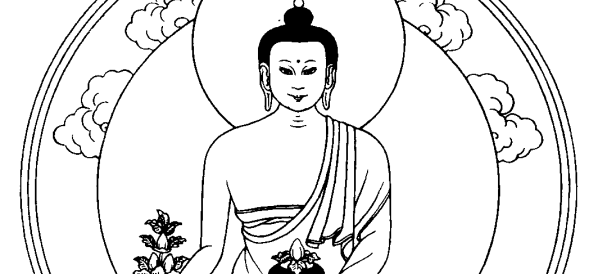 20 词条
20 词条主页 > 词条 > 菲律宾语 (TL) > Karl Marx
Karl Marx
Much followed, and much misunderstood, German economist (1818–83). His two best-known works were the Communist Manifesto, written in 1848 with Friedrich Engels, and Das Kapital, in four volumes published between 1867 and 1910. Most of his economic assumptions were drawn from orthodox classical economics, but he used them to reach highly unorthodox conclusions. Although claimed and blamed as the inspiration of some of the most virulently anti-market governments the world has ever seen, he was not wholly against capitalism. Indeed, he praised it for rescuing millions of people from “the idiocy of rural life”. Even so, he thought it was doomed. A shortage of demand would concentrate economic power and wealth in ever fewer hands, producing an ever-larger and more miserable proletariat. This would eventually rise up, creating a “dictatorship of the proletariat” and leading eventually to a “withering away” of the state. Marx thought that this version of history was inevitable. So far, history has proved him wrong, largely because capitalism has delivered a much better deal to the masses than he believed it would.
- 词性: 专有名词
- 同义词:
- 词汇:
- 行业/领域: 经济
- 类别 经济学
- Company: The Economist
- 产品:
- 取首字母的缩写词:
您想要说什么?
新闻词条
精选词条
Shakyamuni Buda
Ang makasaysayang Buddha, na nanirahan sa ang 6 na siglo BC at ang pinagmulan ng Budismo at Budistang kaisipan.




